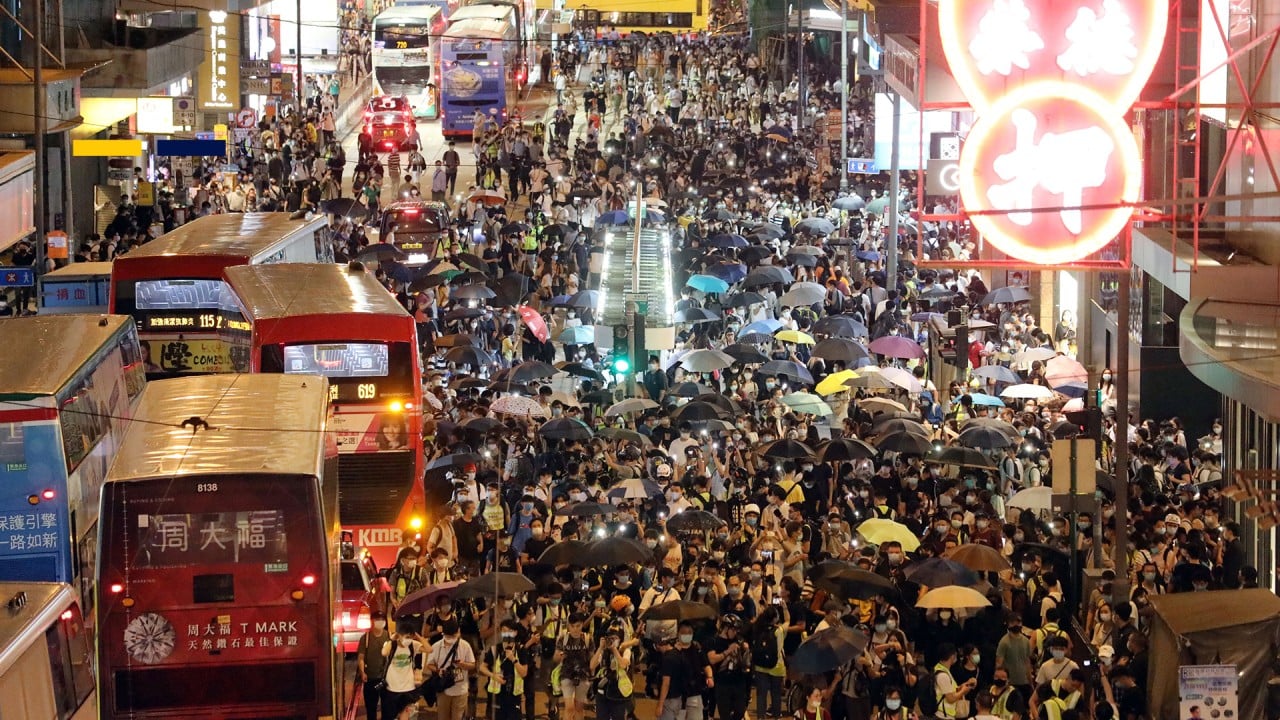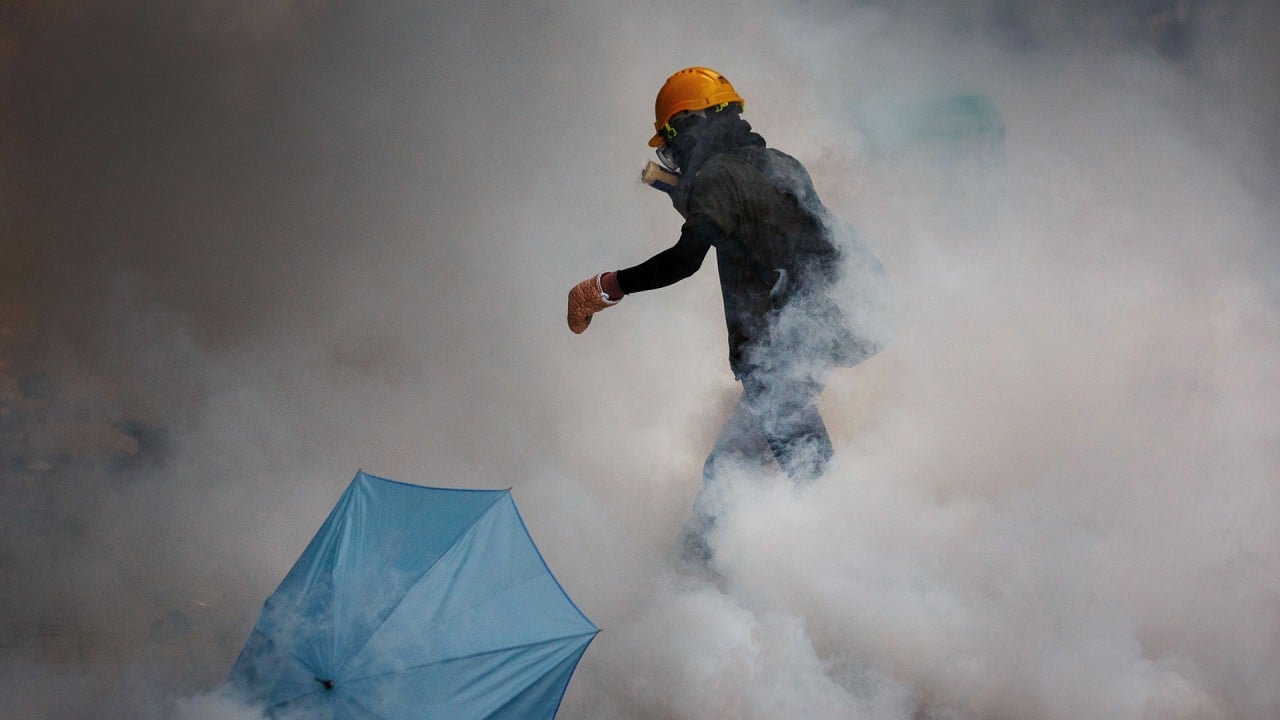
China’s national security law: why are the elite assigned to defend Hong Kong not speaking out?
- We are told Beijing must act because Hong Kong failed to fulfil its duty under Article 23 to enact such laws ‘on its own’. But why was an opportunity for reform squandered in 2003?
- Local officials tasked with guarding the city have either gone silent or joined the chorus of voices in support of the new legislation
I cry for Hong Kong. At a time when citizens worldwide are marching against racism, people are protesting because they recognise America is not alone in its racial disparities. They see that the problems of injustice in all its forms are widespread. For this reason, the wider world may also cry for Hong Kong.
For months, our young people marched against official failings. Like those in America today, they railed against police abuse. Why, in this diverse, multicultural economic hub on China’s shore, would such injustice be allowed to prevail? Isn’t too much at stake?
In their wisdom, Chinese leaders recognised the mainland system of rule by law was no match for the rule-of-law-based open society of Hong Kong. They made a commitment to protect Hong Kong with a high degree of autonomy, the rule of law and local self-rule.

01:36
Hong Kong police fire pepper spray as hundreds gather to mark first anniversary of historic march
The Hong Kong government was to “be responsible for the maintenance of public order in the region”, the military stationed in Hong Kong for defence was to “not interfere in local affairs” and “abide” by local laws. Hong Kong “on its own” was to enact laws related to national security.
They were to fulfil the commitments to universal suffrage, the rule of law, basic freedoms and human rights laid out in the Basic Law. Today, many fear that the apparent failure of this protection may signal the end of Hong Kong as we know it.
Universal suffrage has been delayed in the name of gradual and orderly progress by the very officials charged with fulfilling these commitments. Given the high level of education and economic development in Hong Kong, it seems the only reason for this hesitancy is that officials want to guard their own powers and privileges.
A proper semi-autonomous government should put local people’s interests first and might more reliably voice their concerns to the central government.

08:47
A year of anti-government protests in Hong Kong
Yet, this is exactly what our officials are calling for. Even legislators and corporate elite in the pro-establishment camp have joined the chorus.
I cannot help but wonder where those assigned to guard our city have gone. Why are they either mute or part of the chorus of support when their defence of Hong Kong’s autonomy is needed? Surely everyone would have been horrified if such a proposal was advanced at the handover.
There has never been a compelling reason for local officials to stop carrying out their obligations under the Basic Law. They would not be expected to engage in open conflict with the mainland, but there was room to find their voice to explain Hong Kong concerns and guard Hong Kong’s autonomy.
It is not too late to do so. Who among the established elite will speak up? Or will we all be left to cry for Hong Kong?
Michael C. Davis, a former professor of law at the University of Hong Kong, is a global fellow at the Woodrow Wilson International Centre in Washington and a senior research scholar at the Weatherhead East Asia Institute at Columbia University

